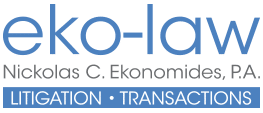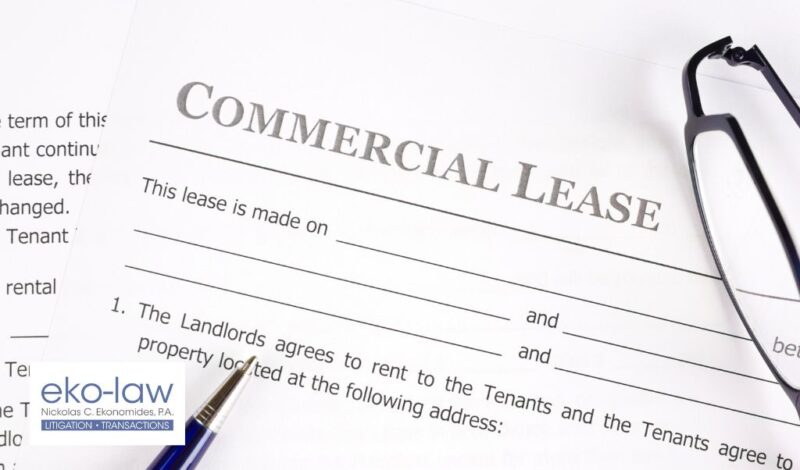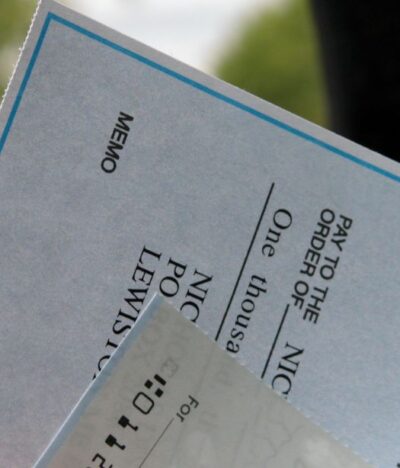Avoiding Conflicts with a Commercial Lease Dispute Lawyer
Commercial lease agreements serve as the backbone of a successful landlord-tenant relationship for businesses, limited liability companies, and corporations. However, poorly drafted or ambiguous lease agreements often lead to disputes, which cost time, money, and resources. The key to avoiding disagreements is creating clear and comprehensive lease agreements that outline the rights and obligations of all parties involved.
Why Clarity in Commercial Lease Agreements Matters
A well-drafted commercial lease agreement explicitly details terms, conditions, and expectations, minimizing the potential for misunderstandings and disagreements. Unclear agreements leave room for interpretation, creating opportunities for disputes over rent, property usage, maintenance, and other critical factors. Working with a commercial lease dispute lawyer ensures that every aspect of the lease is legally sound and tailored to meet the unique needs of businesses, LLCs, and corporations.
Key Components of a Comprehensive Commercial Lease Agreement
1. Identifying the Parties Involved
The lease must clearly identify the landlord, tenant, and any additional parties with an interest in the lease, such as guarantors. Misidentifying or failing to list all involved parties can lead to legal complications. This is especially true when there are business entities involved.
2. Lease Term and Renewal Options
Clearly defining the start and end dates of the lease, as well as any renewal terms, prevents misunderstandings. Include automatic renewal clauses, notice periods for non-renewal, and escalation clauses for rent adjustments, as applicable.
3. Rent and Payment Terms
Specify the rent amount, due date, acceptable payment methods, and penalties for late payments. Include provisions for rent escalation, such as increases tied to inflation or market rates, to avoid confusion or disputes in the future. Keep in mind, time before a late fee is applied does not mean there is a grace period to pay rent before the tenant is in default.
4. Property Usage and Restrictions
Define the intended use of the property and outline any restrictions on its usage. For example, specify whether the tenant can make structural changes, install signage, or use the property for certain activities. Addressing these details upfront prevents potential conflicts down the road. Prohibited uses should also be specified which can be particularly important if the tenant attempts to assign the lease.
5. Maintenance and Repairs
Assign clear responsibilities for maintenance, repairs, and property upkeep. Indicate whether the tenant or landlord is responsible for maintaining HVAC systems, electrical systems, plumbing, and exterior spaces such as parking lots. Common area maintenance charges are part of this and can be complex clauses in a lease.
6. Insurance Requirements
Specify the types and levels of insurance coverage required for both the landlord and tenant. This could include liability insurance, property insurance, or business interruption insurance. Clearly outline who is responsible for purchasing and maintaining these policies.
7. Security Deposits
Detail the amount of the security deposit, the conditions for its return, and any deductions that may be made for damages or unpaid rent. Transparency about these terms can help avoid disputes when the lease ends.
8. Dispute Resolution Procedures
Incorporate provisions for resolving disputes, such as mediation, before pursuing litigation. This ensures both parties have a clear path for addressing issues without escalating to court unnecessarily.
9. Default and Termination Clauses
Clearly outline what constitutes a breach of lease and the consequences of such a breach. Include details about eviction procedures, penalties for breaking the lease, and conditions under which the agreement may be terminated.
Common Causes of Commercial Lease Disputes
Even with a comprehensive lease agreement, disputes can arise. Some of the most common issues include:
- Nonpayment of Rent: Disagreements over missed or late rent payments are among the most frequent causes of disputes.
- Maintenance Responsibilities: Confusion about who is responsible for property upkeep can lead to conflicts.
- Property Damage: Disputes often arise over who should pay for damage caused during the lease term.
- Misuse of Property: Tenants who use the property in ways not permitted by the lease may face disputes with landlords.
- Lease Term Violations: Early terminations or extensions without proper notice can lead to disagreements.
How a Commercial Lease Dispute Lawyer Can Help
Hiring an experienced commercial lease dispute lawyer provides businesses with the legal expertise needed to prevent and resolve disputes effectively. A lawyer can:
- Review lease agreements to ensure compliance with state and federal laws.
- Negotiate lease terms to protect the interests of their clients.
- Advise on dispute resolution strategies, including mediation.
- Represent clients in litigation if disputes escalate to court.
Working with a skilled business attorney, like Eko Law, ensures that businesses, LLCs, and corporations have a solid legal foundation to avoid costly and time-consuming disputes.
Tips for Drafting a Dispute-Resistant Lease Agreement
- Use Clear Language: Avoid overly complex legal jargon that may confuse parties.
- Be Specific: Leave no room for interpretation by detailing every term and condition clearly.
- Consult a Lawyer: Have a commercial lease dispute lawyer review the agreement to ensure it is enforceable and free of loopholes.
- Update Regularly: The lease should be periodically reviewed and updated to account for changes in laws, market conditions, or business needs.
- Document Everything: Keep records of all communications, agreements, and payments related to the lease.
Closing the Deal: Ensuring Smooth Business Operations
A well-drafted commercial lease agreement is essential for maintaining a productive and amicable landlord-tenant relationship. By investing time and effort in creating a comprehensive lease, businesses, LLCs, and corporations can avoid disputes, reduce stress, and focus on their core operations. If you need assistance drafting or reviewing a lease agreement, or if you are facing a dispute, Eko Law is here to help.
Contact our business litigation attorney in Clearwater today.







